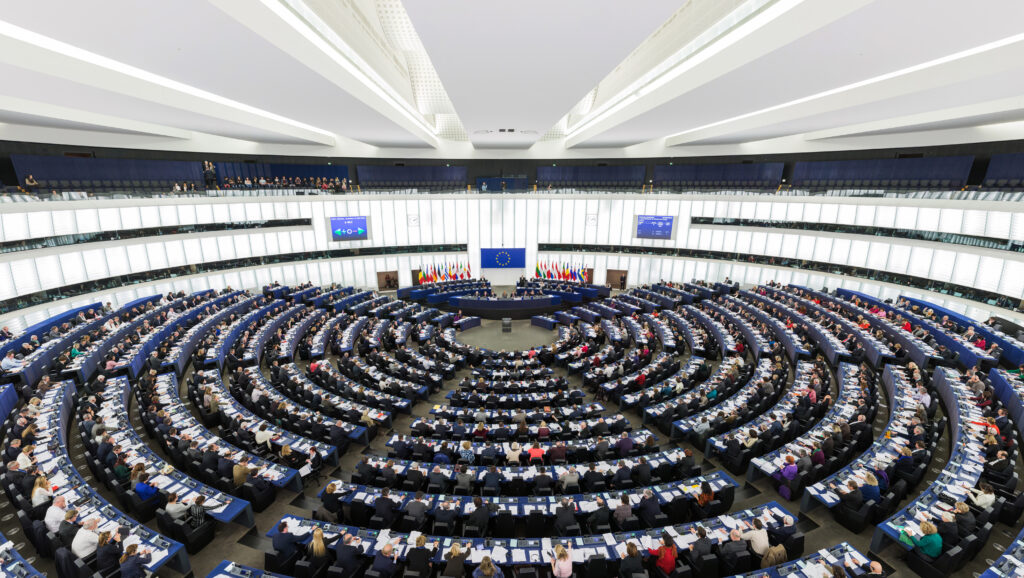The Federation of European Publishers (FEP) has enthusiastically welcomed this decision, emphasizing the importance of ensuring that AI development respects copyright laws and maintains transparency regarding data usage. The AI Act introduces fundamental obligations, particularly in the realm of copyright, mandating that general-purpose AI, such as generative AI, adhere to copyright laws and implement transparent policies regarding data training. This transparency is crucial for publishers to enforce their rights and safeguard against illegal use of their works for AI training purposes.
Ricardo Franco Levi, President of FEP, stated: “In a context where, both in the EU and internationally, the abuses of AI are more and more documented and contested, the EU has once again the opportunity to set a world standard in digital regulation, and allow AI to unleash its potential without infringing the rights of others”.
Meanwhile, the German Publishers and Booksellers Association also views the AI Act as a positive initial step toward AI regulation but stresses the need for further refinement. While welcoming the establishment of minimum standards for AI, the association highlights that many details remain unresolved and require further discussion and regulation.
Peter Kraus von Cleff, Managing Director of the Börsenverein, stated: “The AI Act is a good first step towards regulating AI. However, it only sets minimum standards. Even with this law, many details remain open that still need to be discussed and regulated. We are only at the beginning of what is likely to be a long debate on the question of how we as a society and industry can use AI sensibly and what guidelines are needed for this.”

